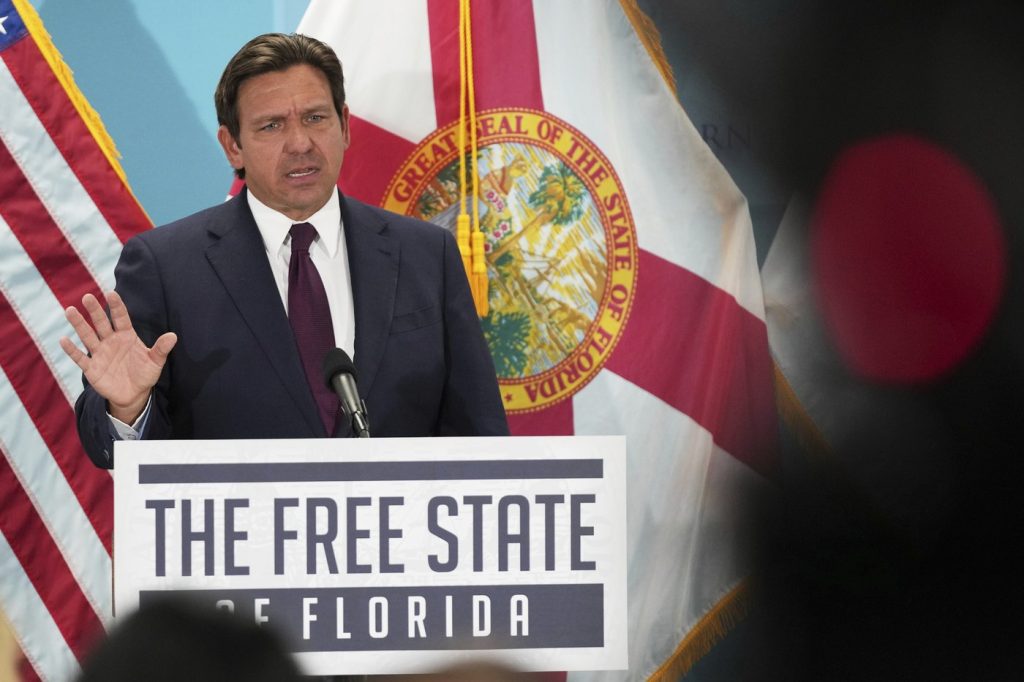TALLAHASSEE, Fla. (AP) – A significant shift in Florida's higher education leadership has occurred with the appointment of Manny Diaz as the interim president of the University of West Florida (UWF) in Pensacola. Diaz, who is a former Republican lawmaker and previously served as the state commissioner of education appointed by Governor Ron DeSantis, officially started his role on Monday. His background includes experience as a social studies teacher and assistant principal, and he has been instrumental in advocating for the expansion of charter schools in Florida.
In his new position, Diaz will lead UWF on an interim basis while a search for a permanent president takes place. His aspirations indicate that he intends to pursue the role permanently. In a statement, Diaz expressed his enthusiasm, stating, “I am honored to step into this role and lead the University of West Florida into this next chapter. UWF has a proud legacy and a promising future, and I look forward to working alongside our students, faculty, staff, and community partners to continue building on its momentum.” He emphasized the goal of advancing and exploring opportunities to serve the region and state effectively.
With Manny Diaz's appointment, the trend of former Republican lawmakers or lobbyists leading Florida's public universities continues. Currently, five of the state's twelve public universities are helmed by individuals with similar political backgrounds. This alignment among university leadership is perceived as a strategy to extend Governor DeSantis' influence in higher education, ensuring that his policies persist even after he leaves office.
During a recent press event, Governor DeSantis compared Diaz's selection to that of another former education commissioner appointed to lead New College of Florida. The latter move is part of a broader effort to reshape that institution, which has been characterized by its progressive reputation, into a more conservative classical establishment. DeSantis commented on the potential he sees for UWF, stating, “I think there’s a lot of potential there.”
Diaz's appointment, alongside recent appointments of conservative board members at UWF, has generated controversy. Advocates suggest that appointing individuals with political connections will empower institutions to secure vital state funding and adapt to changing legal challenges. However, detractors argue that there is an increasing expectation for university leadership to align with DeSantis’ conservative education agenda, undermining the autonomy of academic institutions.
The ongoing dynamics were further highlighted last month when the state university system’s board rejected a long-standing academic candidate for the presidency of the University of Florida. This decision came amid criticism from conservative factions regarding the candidate’s previous endorsement of diversity, equity, and inclusion initiatives. The University of Florida, which ranks as one of the top public research universities in the nation, continues its search for a permanent president.
Generally, the role of leading a Florida university comes with a multi-year contract, typically offering a six-figure salary and on-campus residence. However, the selection process for these leadership positions occurs mostly behind closed doors, leading to perceptions of a system that favors a select few, as described by the state’s Republican House speaker.











